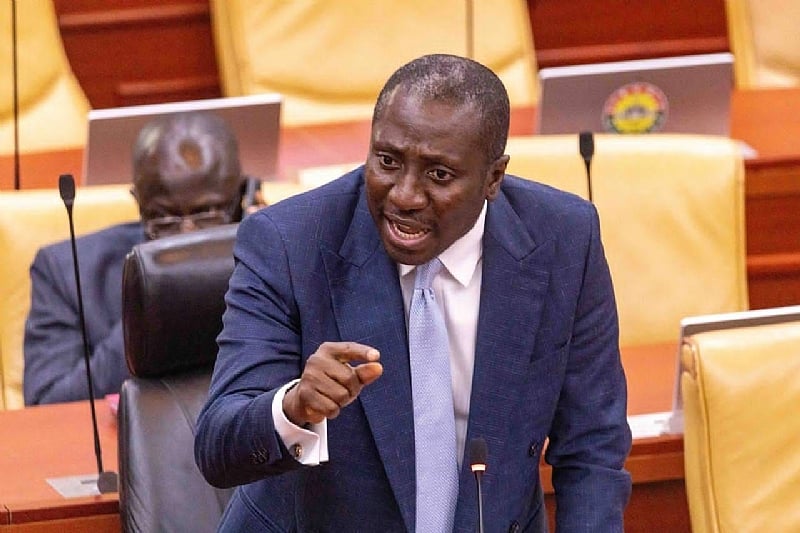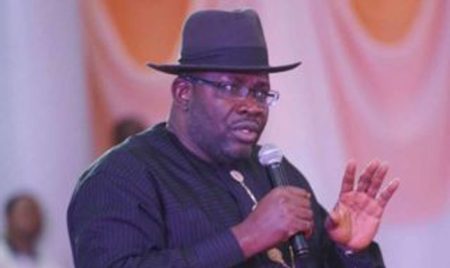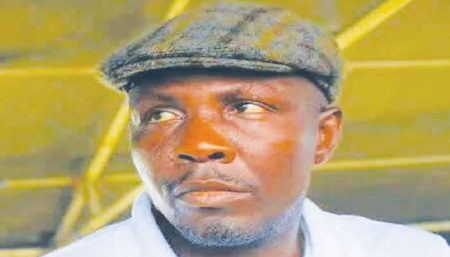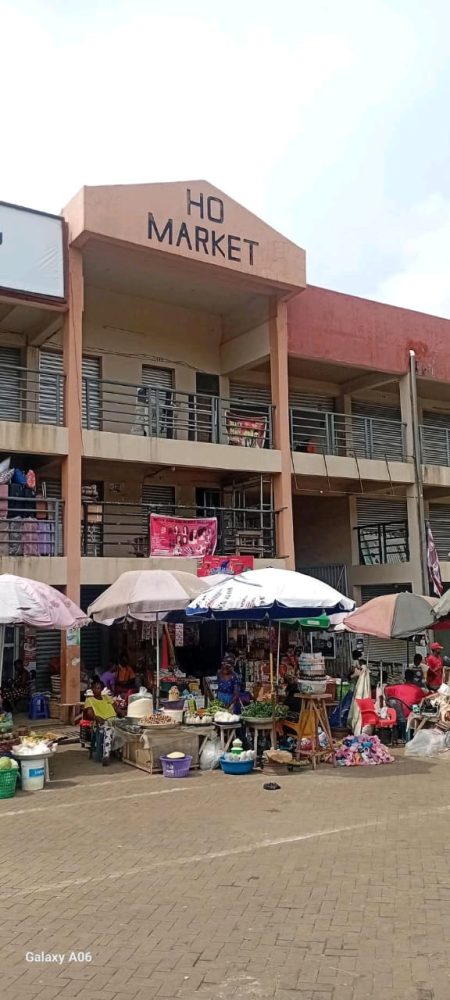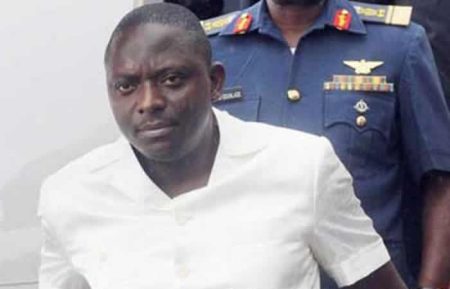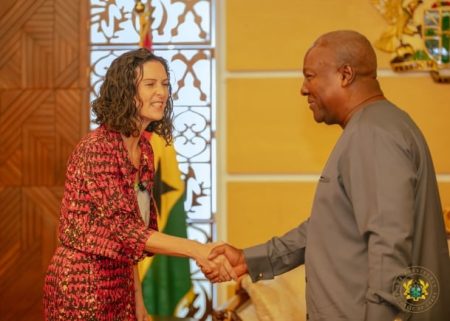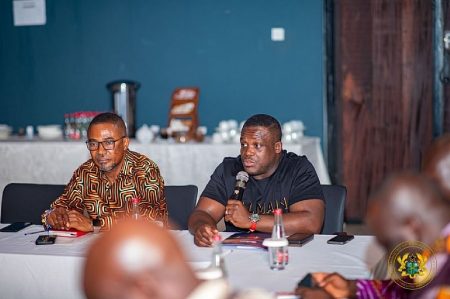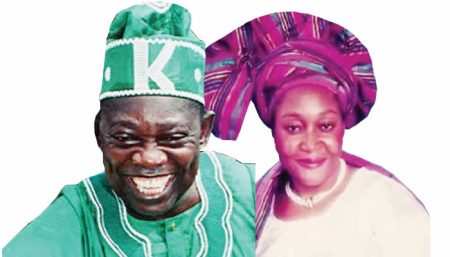The unfolding situation involving the National Communications Authority (NCA), 64 radio stations, and the intervention of President John Dramani Mahama has ignited a heated debate surrounding executive power, institutional independence, and the delicate balance of press freedom in Ghana. The NCA, exercising its legal mandate under the Electronic Communications Act, took enforcement action against these radio stations, shutting them down for operating without valid authorizations, some of which had been expired for a considerable time. This action, intended to uphold regulatory compliance within the broadcasting sector, was swiftly countered by President Mahama’s directive to halt the NCA’s sanctions and reinstate the licenses of the affected stations, including prominent media outlets such as Asaase Radio and Wontumi FM. This intervention sparked immediate controversy, raising concerns about the potential overreach of executive power and its implications for the independence of regulatory bodies.
Minority Leader Alexander Afenyo-Markin vehemently denounced President Mahama’s intervention, characterizing it as a blatant attack on the autonomy of regulatory institutions and a dangerous precedent for executive interference. Beyond a simple policy disagreement, Afenyo-Markin framed the President’s directive as a fundamental breach of the separation of powers, a cornerstone of Ghana’s 1992 Constitution designed to prevent precisely this type of executive overreach. He argued that the President’s action effectively rendered regulatory law optional, subject to the whims of political preference, thereby undermining the rule of law and the authority vested in institutions like the NCA. This, he warned, sets a perilous course, potentially inviting future interference in the operations of other independent bodies like the Bank of Ghana, the Electoral Commission, and the Environmental Protection Agency, jeopardizing their ability to function impartially and effectively.
Afenyo-Markin underscored the NCA’s legal authority to suspend or terminate licenses and issue cease-and-desist orders, as explicitly granted by Sections 2(1) and 73(3) of the Electronic Communications Act. The President’s intervention, he argued, not only disregards this legal framework but also erodes public trust in the independence and impartiality of regulatory bodies. If such actions are allowed to stand unchallenged, it creates a climate of uncertainty where regulatory decisions are susceptible to political manipulation, weakening the very foundation of a democratic society. This raises concerns about the potential for selective enforcement and favoritism, undermining the level playing field essential for fair competition and transparency in the media landscape.
While President Mahama defended his directive as a measure to protect press freedom, Afenyo-Markin countered that true press freedom flourishes within a framework of respect for the rule of law, equal application of regulations, and protection from political interference. He argued that the President’s actions, rather than safeguarding press freedom, actually undermine it by creating an environment where regulatory decisions are influenced by political considerations. This can lead to a chilling effect on media outlets critical of the government, while those aligned with the ruling power may enjoy undue favor, distorting the media landscape and hindering the free flow of information.
Afenyo-Markin called for a decisive response to the President’s directive, demanding its immediate reversal, a formal condemnation of the executive interference, and a thorough investigation into the circumstances that allowed such a “grave legal and constitutional breach” to occur. He framed the situation as a pivotal moment for Ghana, a test of its commitment to upholding the principles of constitutionalism and safeguarding the independence of its institutions. The core question, as he posed it, is whether Ghana will prioritize the integrity of its constitutional framework or passively allow executive power to erode the foundations of its democratic institutions.
The implications of this standoff extend far beyond the immediate fate of the 64 radio stations. It strikes at the heart of the balance of power between the executive branch and independent regulatory bodies, a balance crucial for maintaining a functioning democracy. The outcome will significantly influence not only the future of media regulation in Ghana but also the broader landscape of institutional autonomy and the rule of law. It will serve as a precedent for future interactions between the executive branch and independent institutions, shaping the understanding of their respective roles and powers within the constitutional framework. This episode underscores the ongoing tension between the imperative to enforce regulations and the equally important need to protect press freedom, a tension that requires careful navigation to ensure a thriving and independent media landscape within a robust democratic system.





